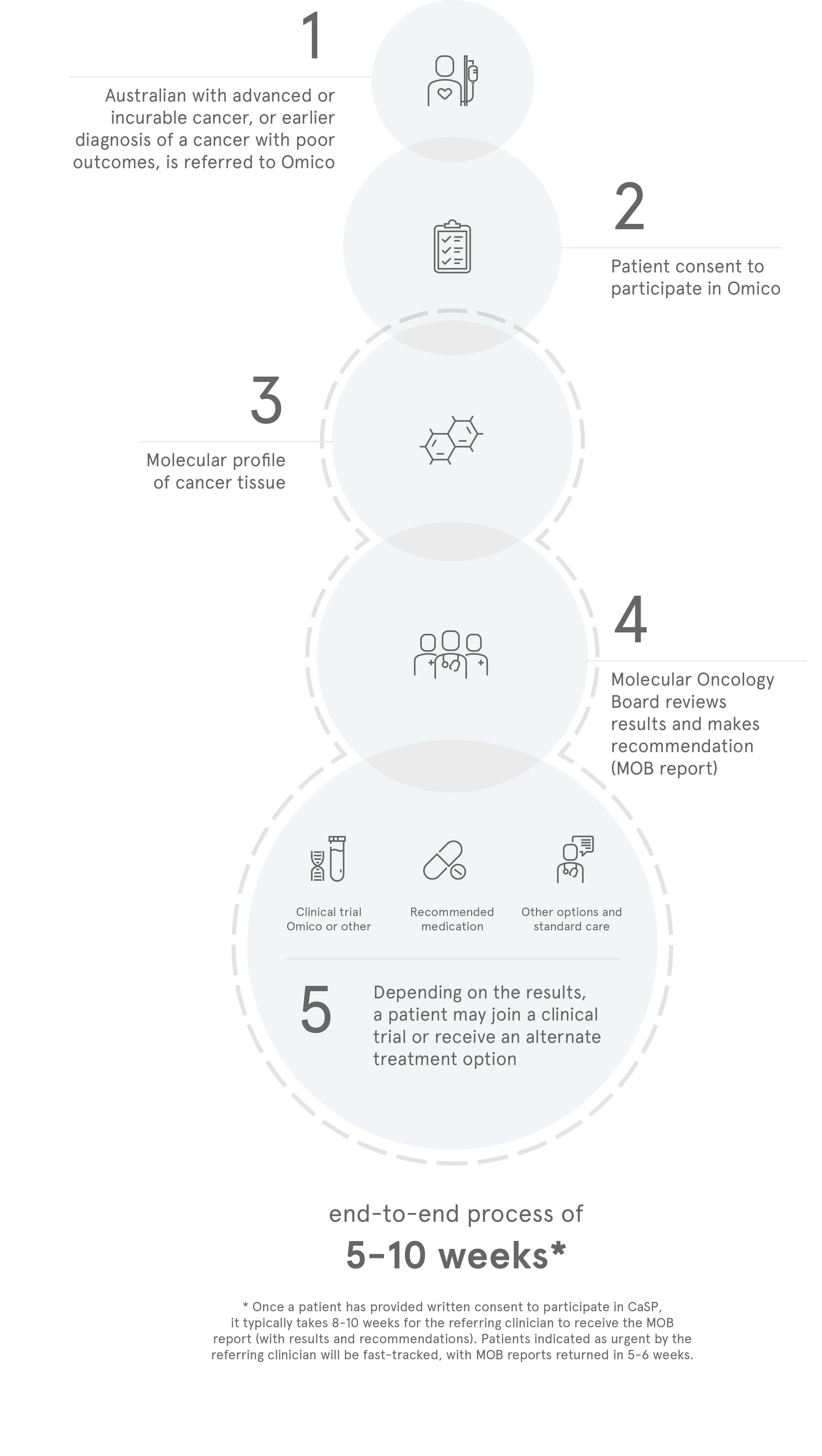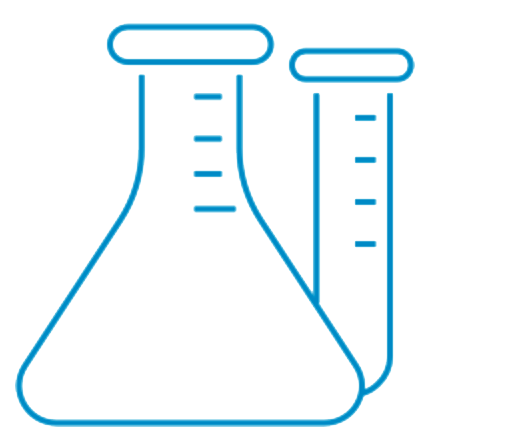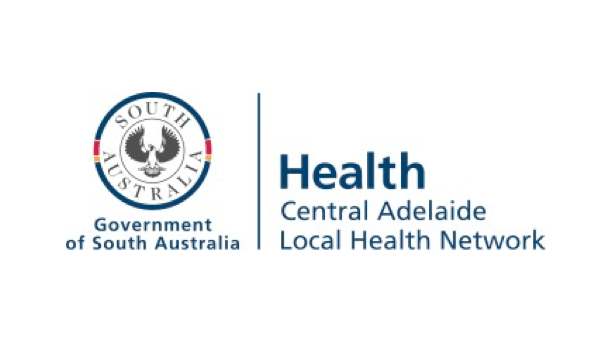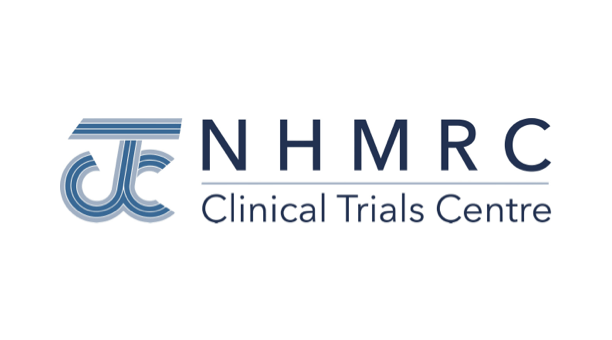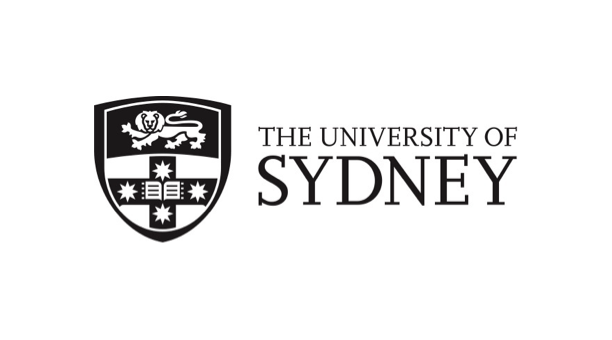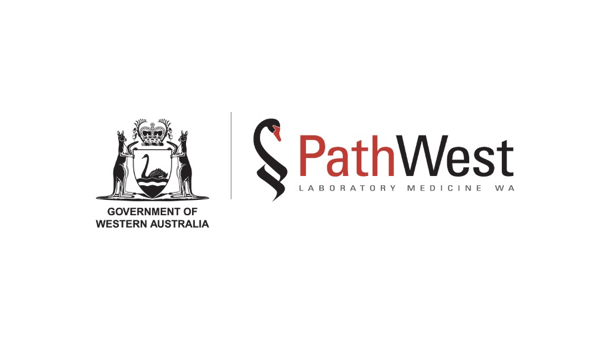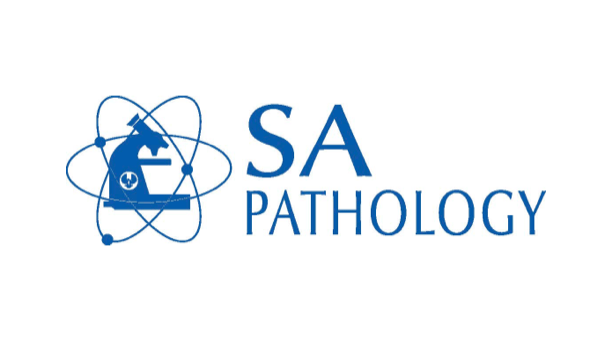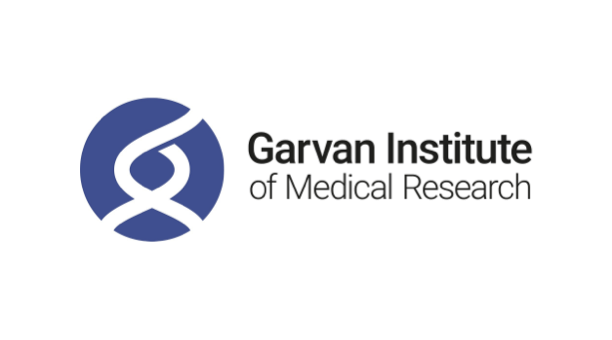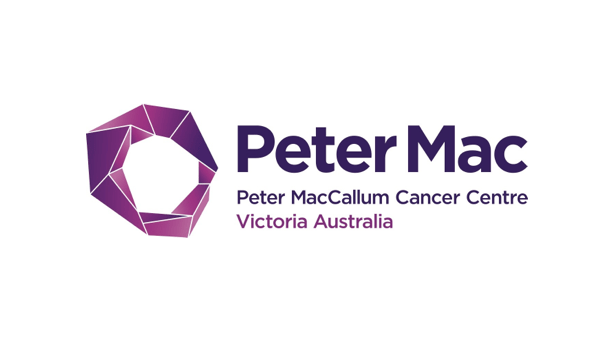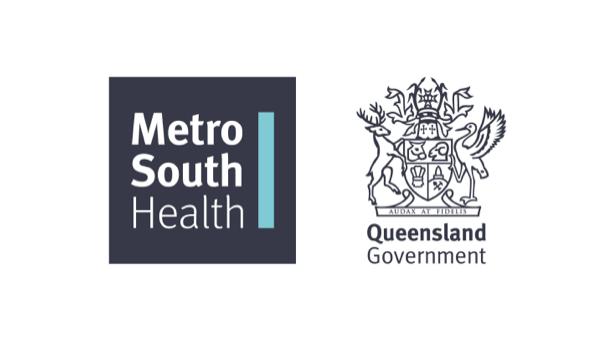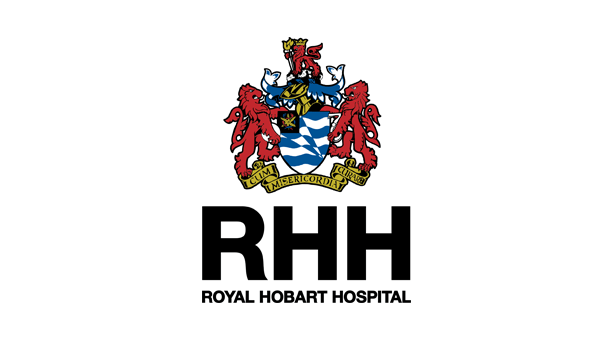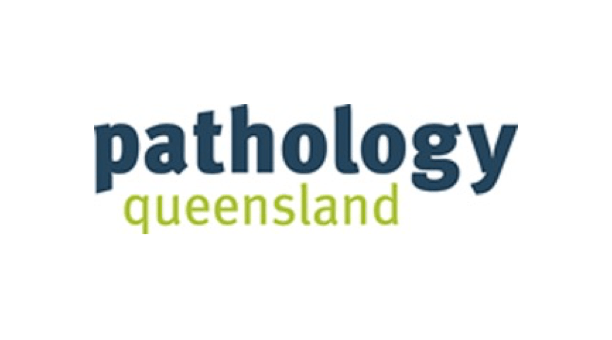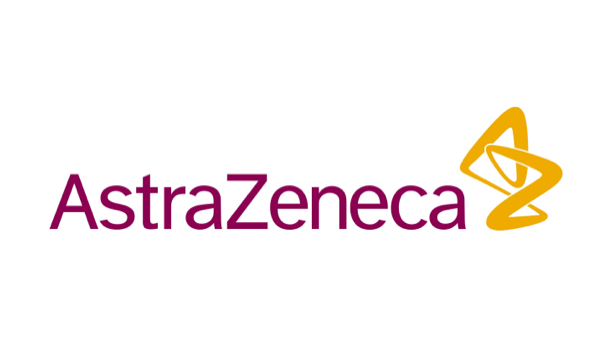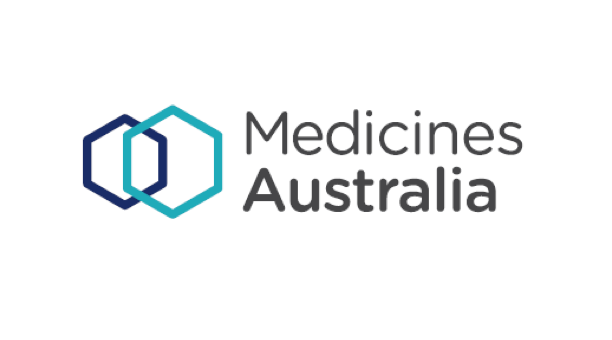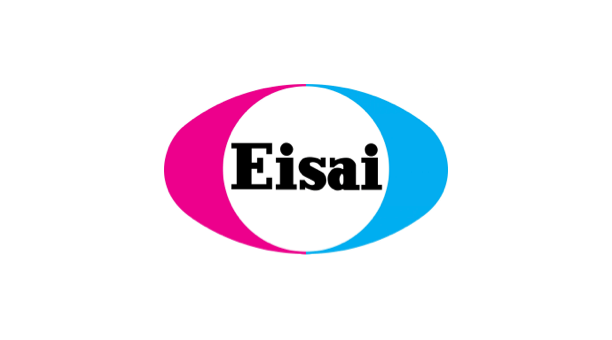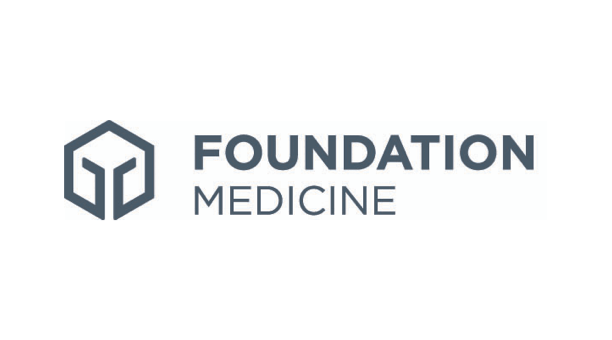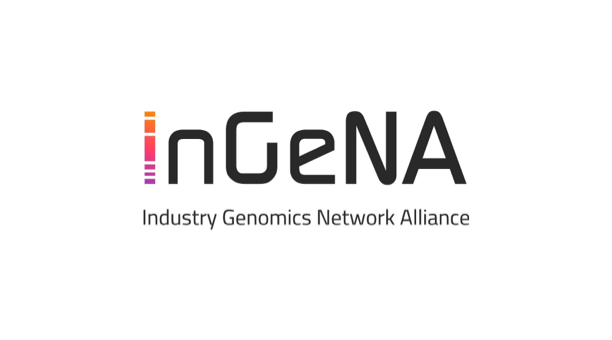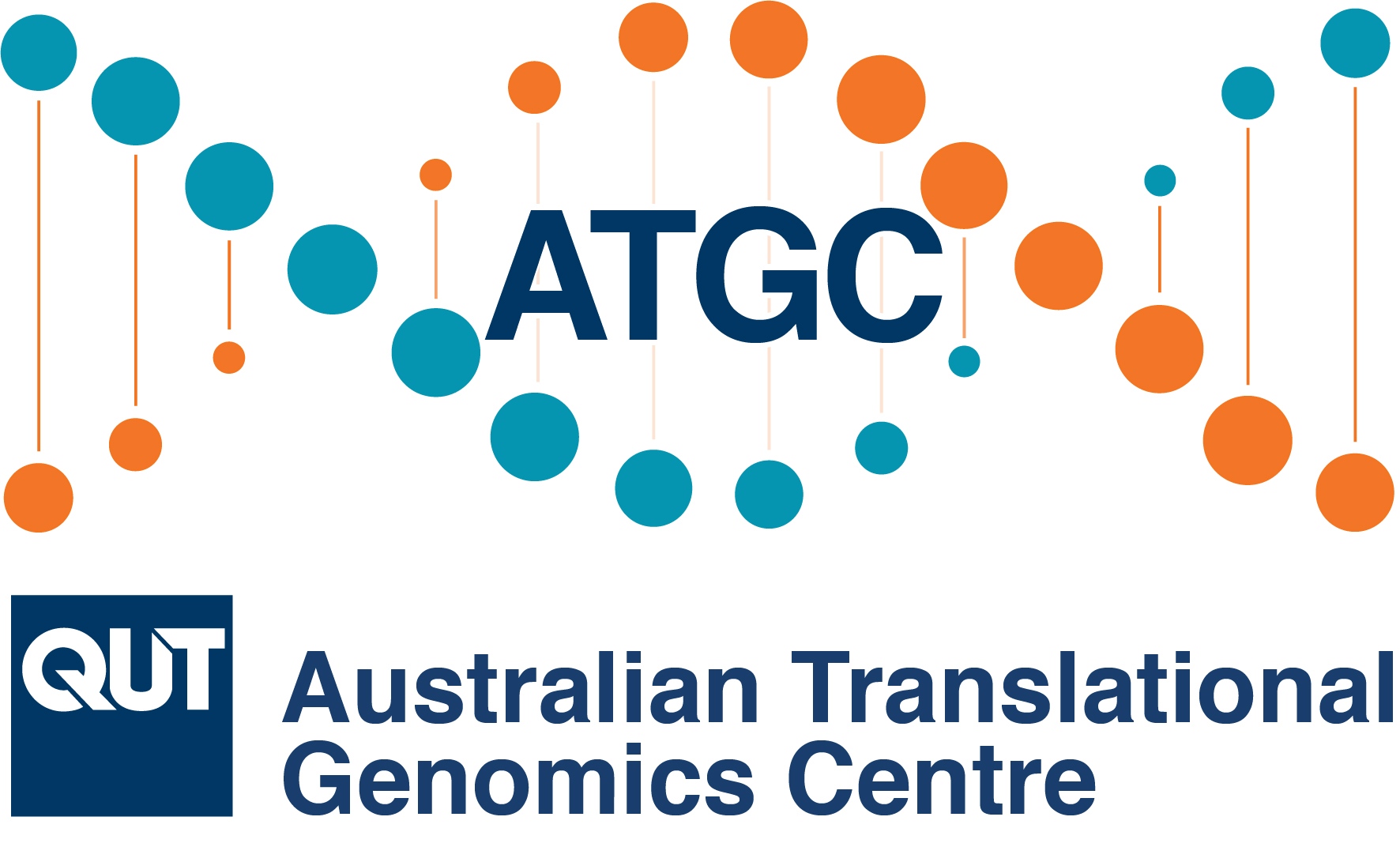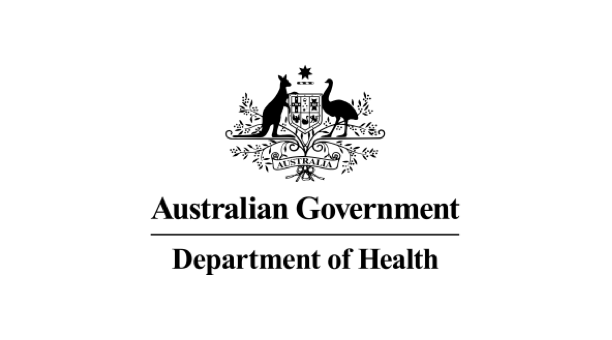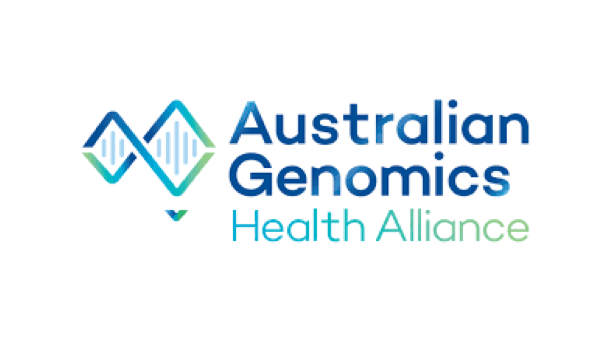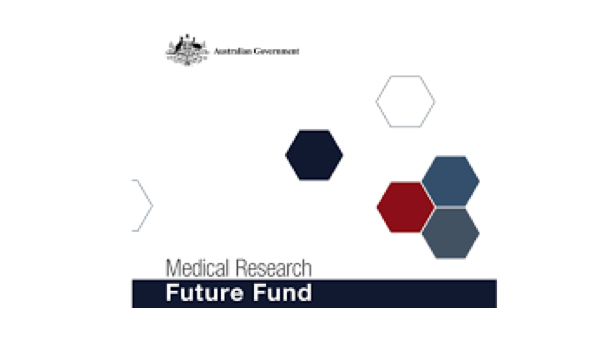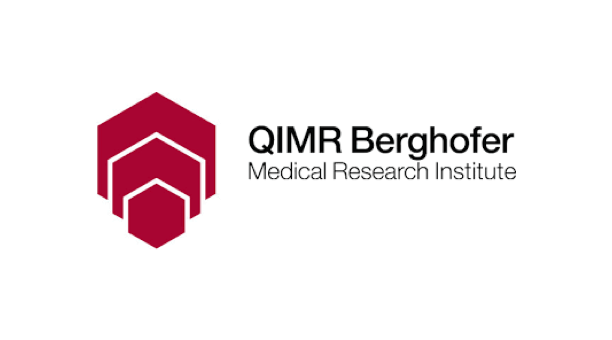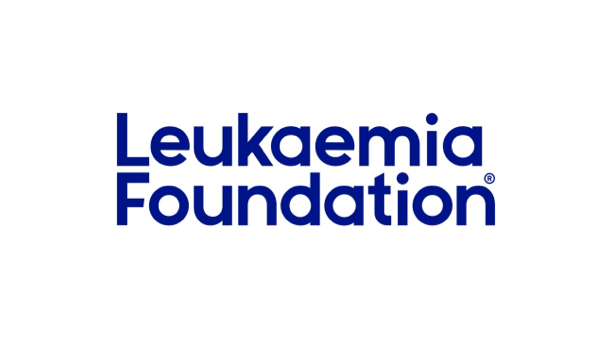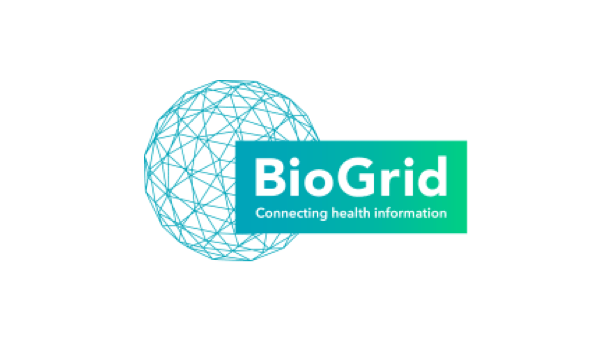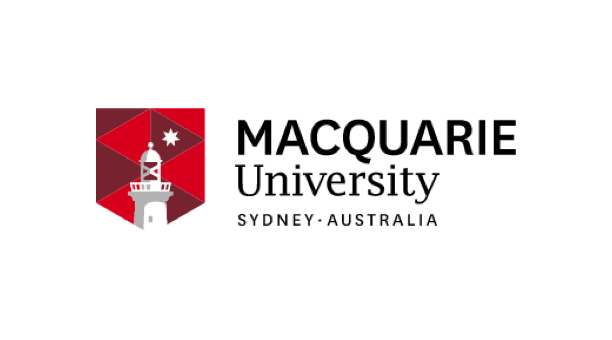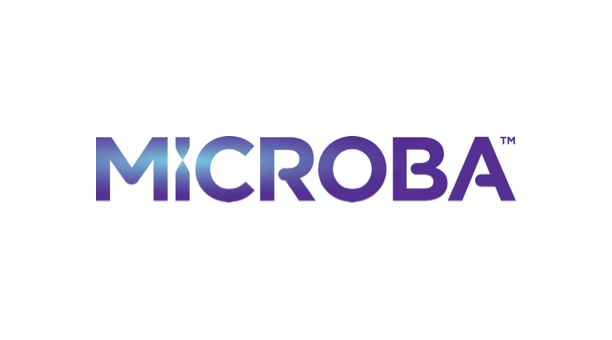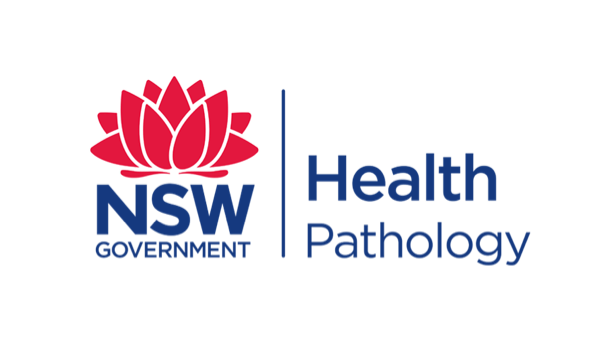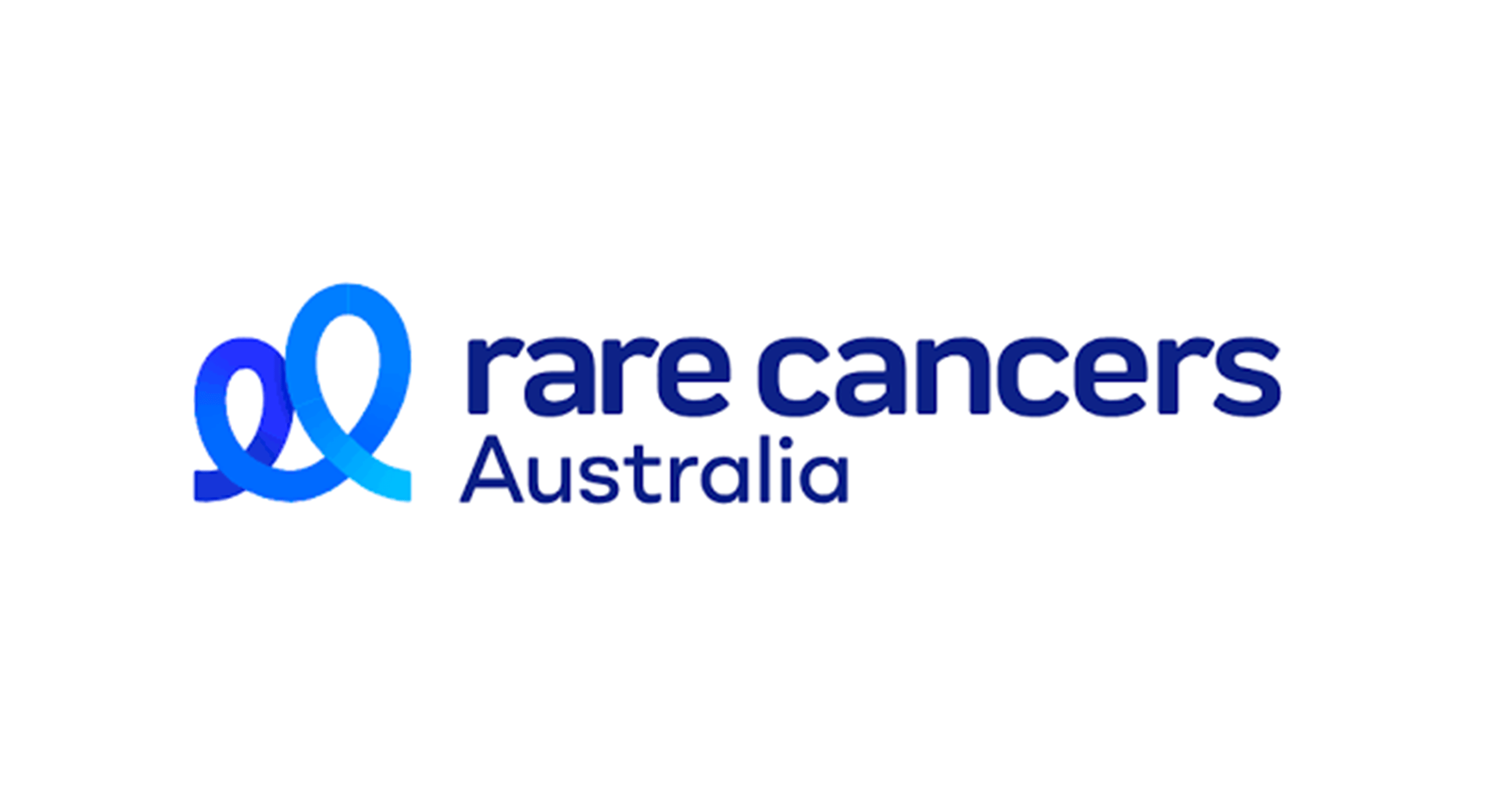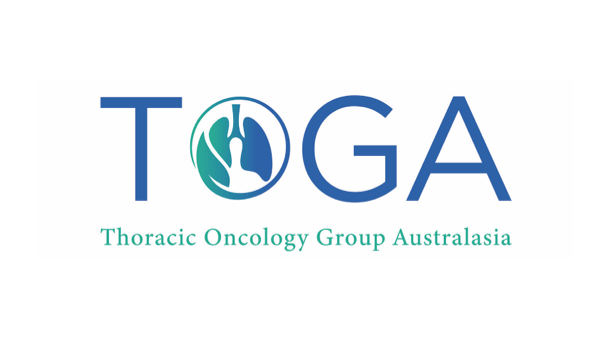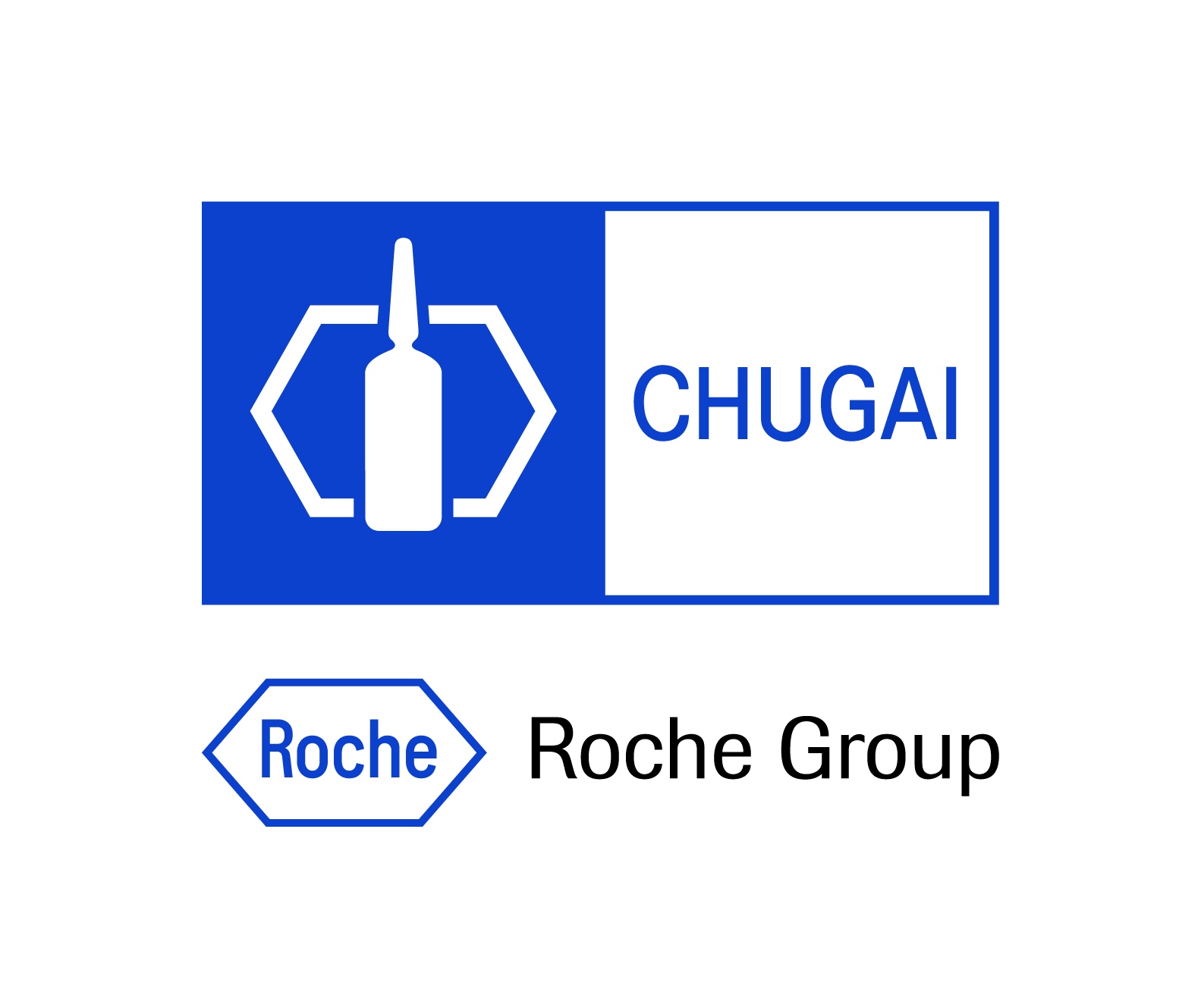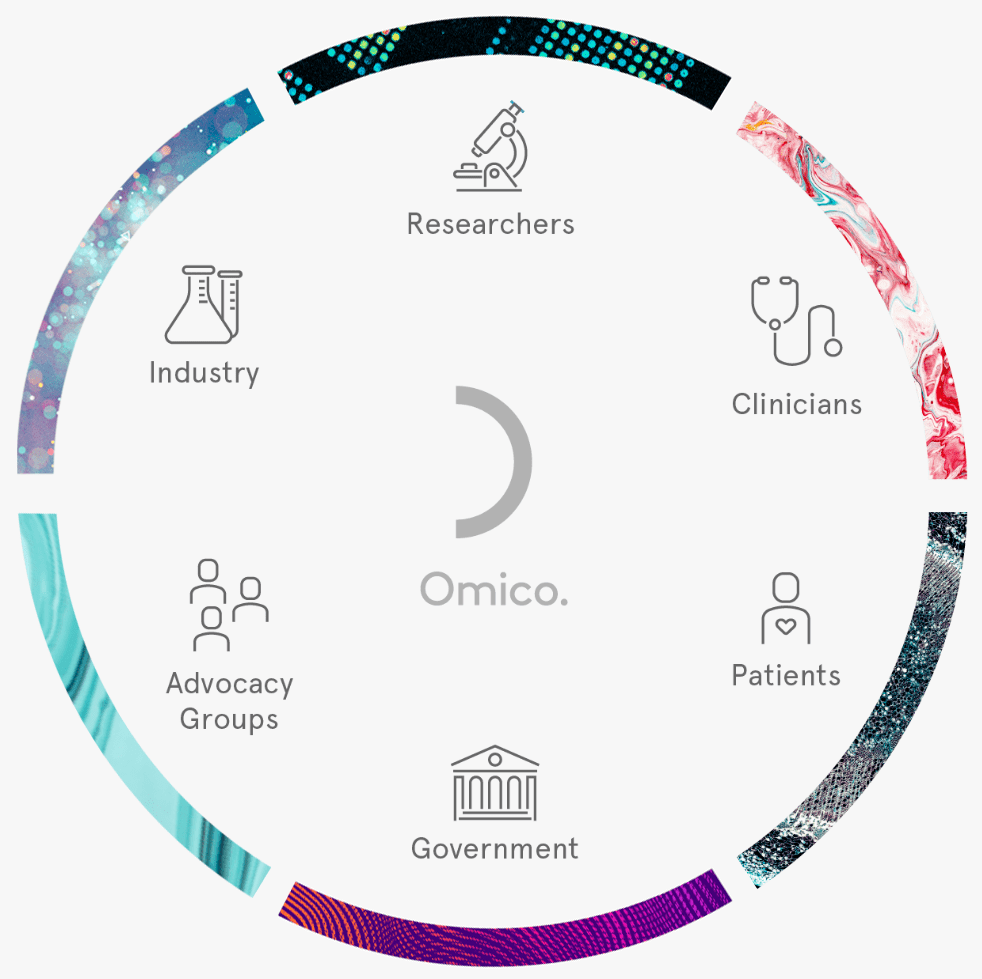

Together, cancer meets its match
Omico is changing the way we fight cancer by accelerating access to precision oncology. We are a national, independent, not-for-profit organisation, uniting Australia’s world-class cancer institutes, researchers, clinicians, industry partners and government like never before. By leveraging a nationwide network of expertise and resources, we aim to improve outcomes for all Australian cancer patients. With fast-tracked molecular and genomic screening, biomarker-led trial set up and patient enrolment from the entire nation, we’re accelerating access to next generation treatments and preventive strategies.
What we do
We aim to improve outcomes for Australians living with cancers, by:
- Increasing access to genomic profiling to detect unique genetic variations in cancer patients’ tumours to identify potential matches to new targeted treatments options
- Growing and streamlining biomarker-led clinical trials by expediting patient recruitment and site setup, and attracting more international trials to Australia, facilitating faster transitions from discovery to clinical application
- Advancing a research-led model of care as to open new treatment pathways for patients, and supporting drug development and cancer research through the collection of real-world data
Researchers
Meet intellectually-stimulating research that changes cancer care and transforms lives.
Clinicians
Meet accelerated access to innovative new therapies for your patients.
Government
Meet an opportunity to advance the nation’s health and wealth.
Advocacy Groups
Meet a partner that can help you make a real difference for those affected by cancer.
Who we work with
Recent news
Merck joins forces with Omico to improve access to cancer trials in Australia
Sydney, Australia - 23 May 2025 - Merck, a leading science and technology company, today announced it is joining forces with non-profit research organisation Omico. Under a new initiative Merck will work with Omico to leverage the groundbreaking national population screening and clinical trial network, helping patients more quickly connect with company sponsored cancer trials.
Icon Cancer Centre, Omico Partner to Expand Access to Precision Oncology for Australians
Sydney, Australia - 10 April 2025 - Icon Cancer Centre and Omico have announced an important collaboration aimed at expanding access to precision oncology and clinical trials for Australian cancer patients. By leveraging Icon’s extensive national network of cancer centres and Omico’s expertise in molecular profiling and targeted therapy trials, this partnership is set to improve access to cancer screening and evolve Australia’s cancer care landscape.
Federal Government Invests $30.8M to Advance Precision Oncology for Adults with Cancer Through ‘Precision Oncology Screening Platform Enabling Clinical Trials’ - PrOSPeCT
Sydney, Australia – 6 February 2025 - Omico welcomes the Federal Government’s significant $143.4 million investment in world-leading precision oncology programs — the Zero Childhood Cancer Program and PrOSPeCT—supporting children and adults diagnosed with challenging cancers. PrOSPeCT has been instrumental in providing Australians with advanced, incurable and poor prognosis cancer diagnoses the ability to receive precision oncology and is a critical initiative advancing cancer care in this country.


